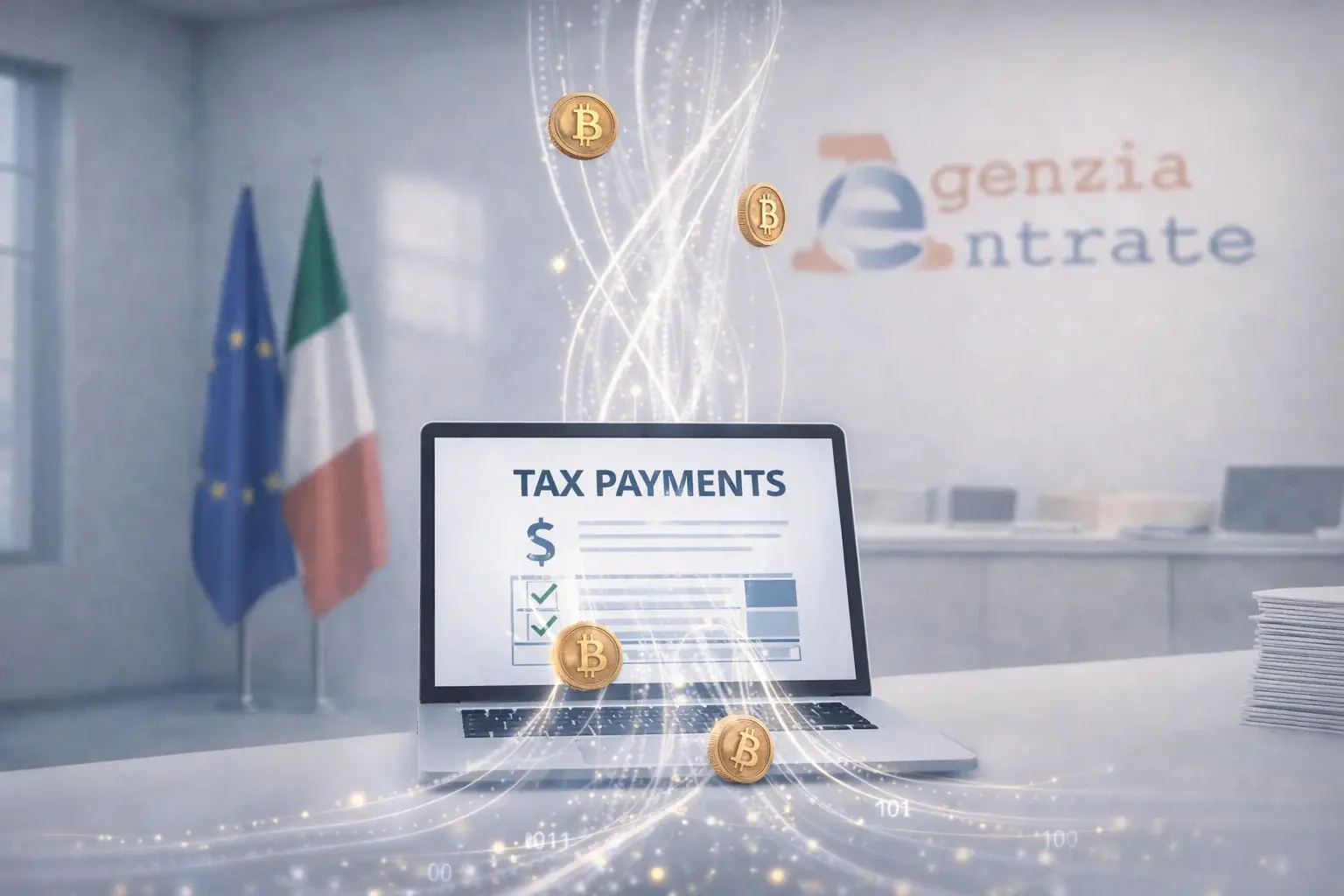Binance plans to tighten compliance requirements for South African users on its platform in order to align with the country's evolving regulatory framework.
This change comes after four years of collaboration between the exchange and South African authorities, during which time Binance has been tweaking its services in the nation.
As of 30 April, the Binance platform will require South African users to provide full transaction details for every cryptocurrency transfer made on the exchange.
Cryptocurrency deposits coming to the platform will require users to provide the full name of the sender, including country of residence, along with information about the exchange from which the transaction originated.
For outgoing withdrawals, users will need to provide the full name of the beneficiary, their country of residence and the necessary information on the destination of the funds.
Binance stated on the official page:
"In accordance with local regulatory requirements, Binance will gradually introduce changes to cryptocurrency deposit and withdrawal procedures for South African users to ensure continued compliance with local regulations."
Users will be asked to enter this information via a pop-up alert at the time of the transaction, if required. Failure to provide the mandatory information may result in the transaction being delayed or cancelled, and the assets returned to the sender.
Growing regulatory pressure from South African authorities to tighten control over the digital asset sector has led to a tightening of compliance protocols.
Binance had already adopted changes to comply with South African regulatory demands. In 2021, the exchange ceased offering futures, options, margin trading and leveraged tokens in South Africa.
South Africa's Financial Sector Conduct Authority (FSCA) confirmed that Binance has restricted the opening of derivatives trading accounts to South African residents.
This measure was taken to support the regulator's objective that citizens should only trade derivatives markets through financial providers approved under the FAIS Act.
Users in South Africa who will have to comply with the new changes on Binance accounts after 30 April now turn their eyes to how other African countries, particularly Kenya, will react.
According to recent reports, Kenya intends to impose a 1.5% tax on fees earned by cryptocurrency exchanges, which serve around four million users in the country.
The implementation of the tax, however, depends on the creation of new regulatory frameworks.
The Business Daily Africa stated on its official page:
"For the purposes of these Regulations, a taxable electronic, Internet or digital supply includes... the facilitation of online payments for, exchanges or transfers of digital assets, excluding activities exempted under the Act."
The National Treasury of Kenya has launched both a Draft National Policy on Virtual Assets and Service Providers and the bill called the Virtual Asset Service Providers Bill for 2024.
These legislative initiatives aim to establish clear guidelines and regulatory oversight for the country's digital asset industry.
If the new legislation is adopted, it is likely that exchanges operating in Kenya will also implement compliance measures similar to those that Binance is already implementing in South Africa.








